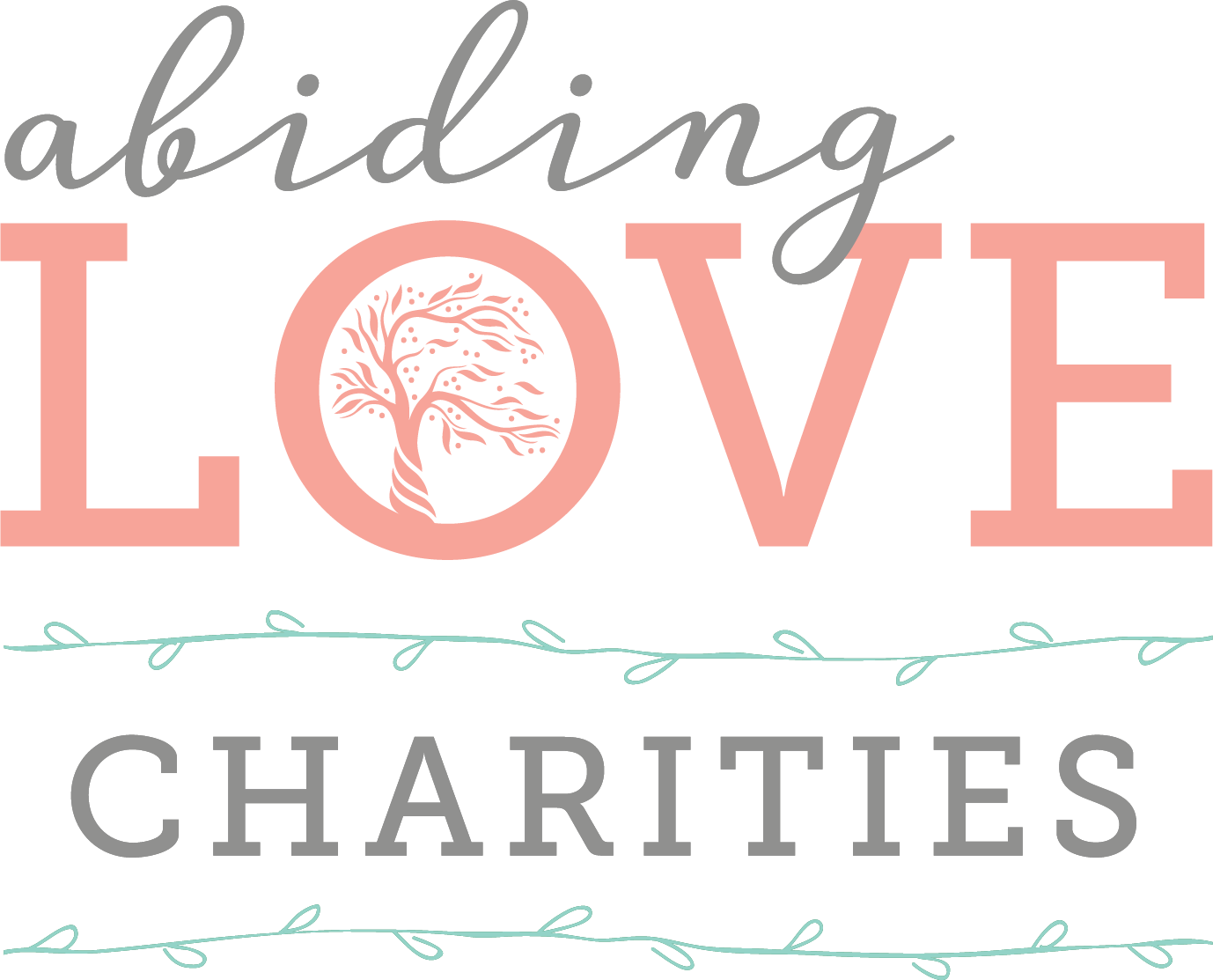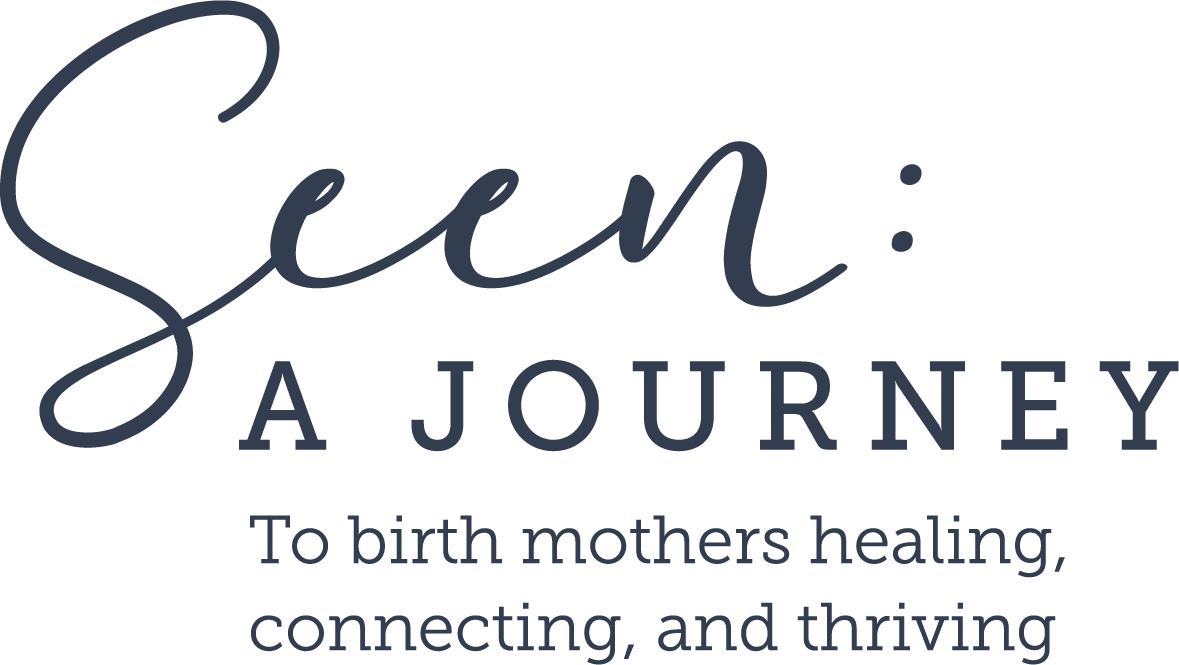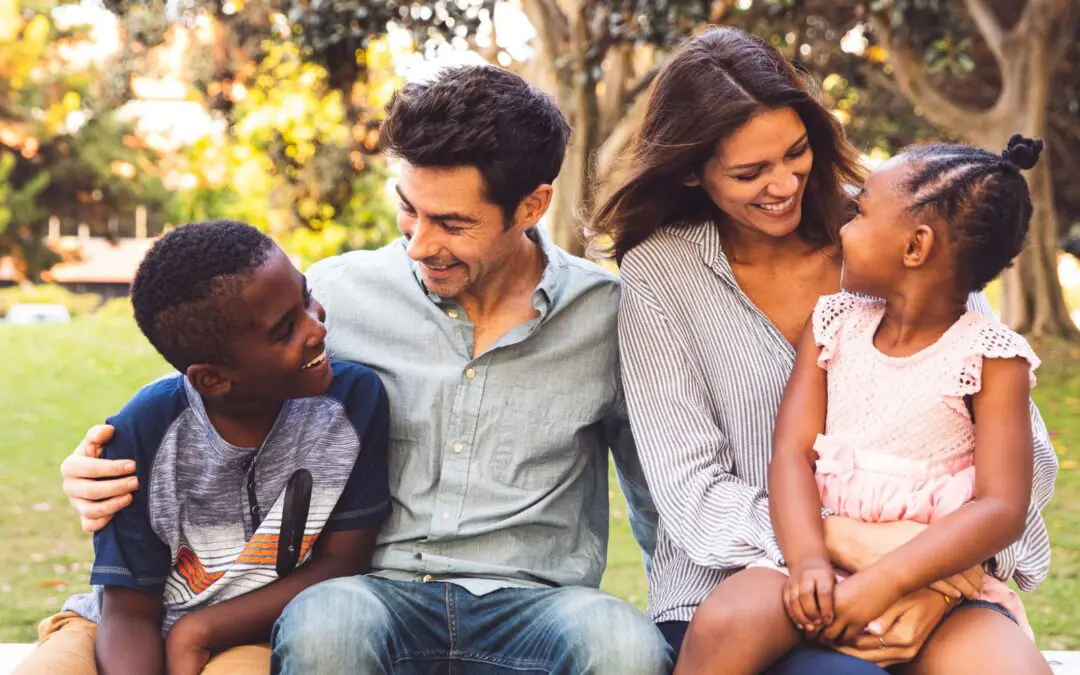I grew up watching and hearing how the world perceived adoption. Movies would start with a little girl or boy sitting in an orphanage abandoned by their parents, waiting anxiously for their new parents to arrive. The child would make their bed perfectly and use the best of manners to garner a space in someone’s heart. Then, on a beautiful summer day, while the birds were chirping, a hopeful couple would walk into the orphanage looking for the perfect child to complete their loving family. The children who had yet to learn to make their beds properly or wash their faces thoroughly were always overlooked. It really was a pity. Then, all of a sudden, the sun shines so brightly and casts its rays on the cutest, most mild-mannered child that the couple has ever seen. The movie’s end is a scene with the child walking hand in hand on the beach with their new parents. The family lives happily ever after. No trauma, no mess, no fuss.
Myths cause history to repeat itself.
Given the long history of adoption, the emergence of myths is both normal and expected. The problem arises when the myths are passed down from generation to generation without proper debunking.
I have lost count of how many times people have told me that I am so blessed and lucky to have been adopted.When I was a child sitting next to my parents at church, someone would make it their mission to remind me how lucky I was to have such wonderful parents. My parents are wonderful; but I always thought that it was odd that my non-adopted siblings did not get the same reminder that they were blessed as I did.
Expectations can feel suffocating.
Walking through the grocery store on a Saturday morning with my mom and sister always came with awkward and unwanted attention. Again, people went out of their way to remind me of my fragile existence before my parents “saved” me. Indeed, the odds were stacked against me as a baby. My life would look drastically different had I not been adopted. However, I found it odd that my sister, who was standing next to me, did not get the same scolding for appreciating and loving our parents.
In an effort to stop the constant reminders, I became determined to be so well behaved and perfect that the scoldings would no longer be needed. Of course I failed, and the expectations weighed heavier and heavier on my heart. The expectation of being in a constant state of gratitude made me feel alienated and voiceless.
Well-meaning people can perpetuate insecurities and trauma.
Now that I am older, I have been able to objectively look back at the countless times that someone imposed their opinions on me. I firmly believe that the comments had no malicious intent. They were intended to encourage and remind me of my blessings. However, well-intentioned people can cause unintended pain and confusion.
Pausing for a moment before speaking has the potential to change the trajectory of a conversation.
If I could go back to my childhood and rewrite these moments in time, I would change my response. I would remain respectful (because that was how I was raised), but I would not stay quiet or accept their expectations. I would simply say, “Yes, I am blessed, and so are my brother and sister and everyone else who is living and breathing.” It is imperative to not say things that make others feel alienated. When we have a voice, we are able to speak the truth and debunk the myths.


